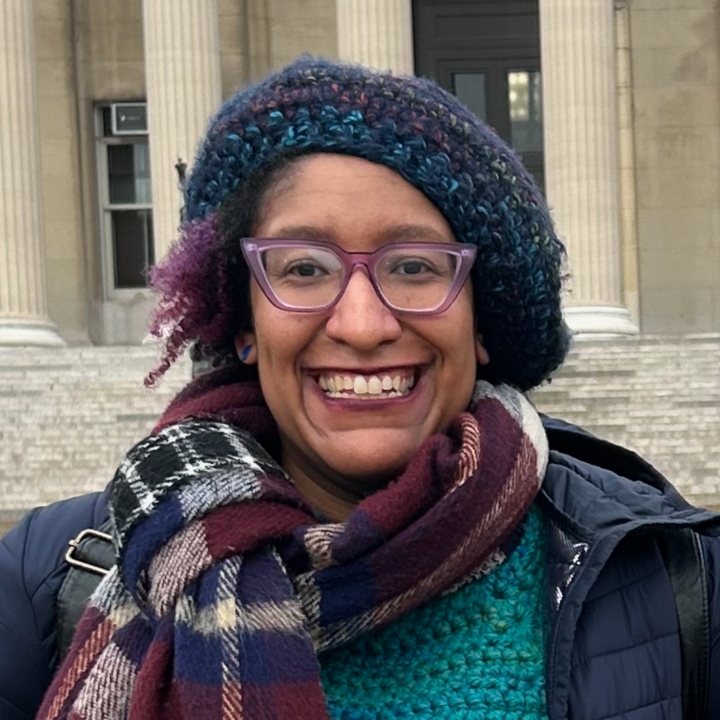By the year 2050, seven people out of every ten of us will live in a city. US-based urbanist Kristen Jeffers tells The Flow of Urban Life podcast about what draws us to urban centers and how cities can meet our expectations.

What attracts people to cities? For many people, moving to a city is closely tied to the pursuit of better opportunities. Improved infrastructure, efficient mobility, and access to public services like healthcare can elevate the lives of urban dwellers. But what other factors make cities great places to live?
Urbanist Kristen Jeffers says a city's success stems from many elements, including a diverse cultural offering, a culinary scene, art and architecture. Jeffers highlights her own neighborhood in Washington D.C. as a prime example of a place that embraces a city’s diversity and vibrancy.
Inclusive planning and prioritizing affordable housing for those who need it are crucial to making a city a great place to live in for everyone.
“Around the corner from me there's a night market for about six months out of the year,” selling food and handicrafts from all over the world, Jeffers explains. It’s a favorite both with residents who work during the day, but also those who are part of the night-time economy. “They've activated the street at night, we're not succumbing to 'Oh no, the night is bad'.”
She says that inclusive planning and prioritizing affordable housing for those who need it, such as families, are crucial to making a city a great place to live in for everyone.
Instead, she says, “it seems like we're making apartments smaller because we want to make housing a commodity.” She also says she wants to see a bigger focus on accessibility: “We should build for all sizes of people and all mobility devices.”
What makes a city liveable for everyone?
Jeffers argues that the rankings of the "world's most livable cities" lack universal applicability.
She has created her own ranking of places to live, which she calls the Black Queer Feminist Urban Index, and which better represents her own unique needs and experiences. This index challenges the one-size-fits-all approach and encourages a broader consideration of factors that contribute to a city's livability.
“I want us to be more people-focused, honor indigeneity, and also honor humanness,” Jeffers says.


